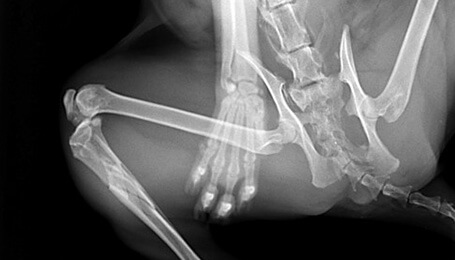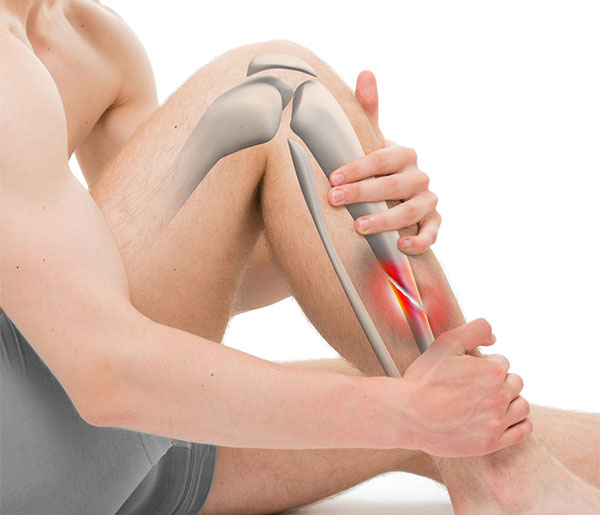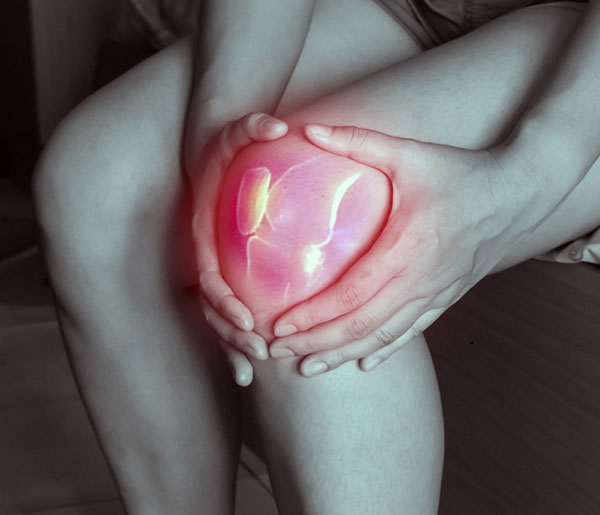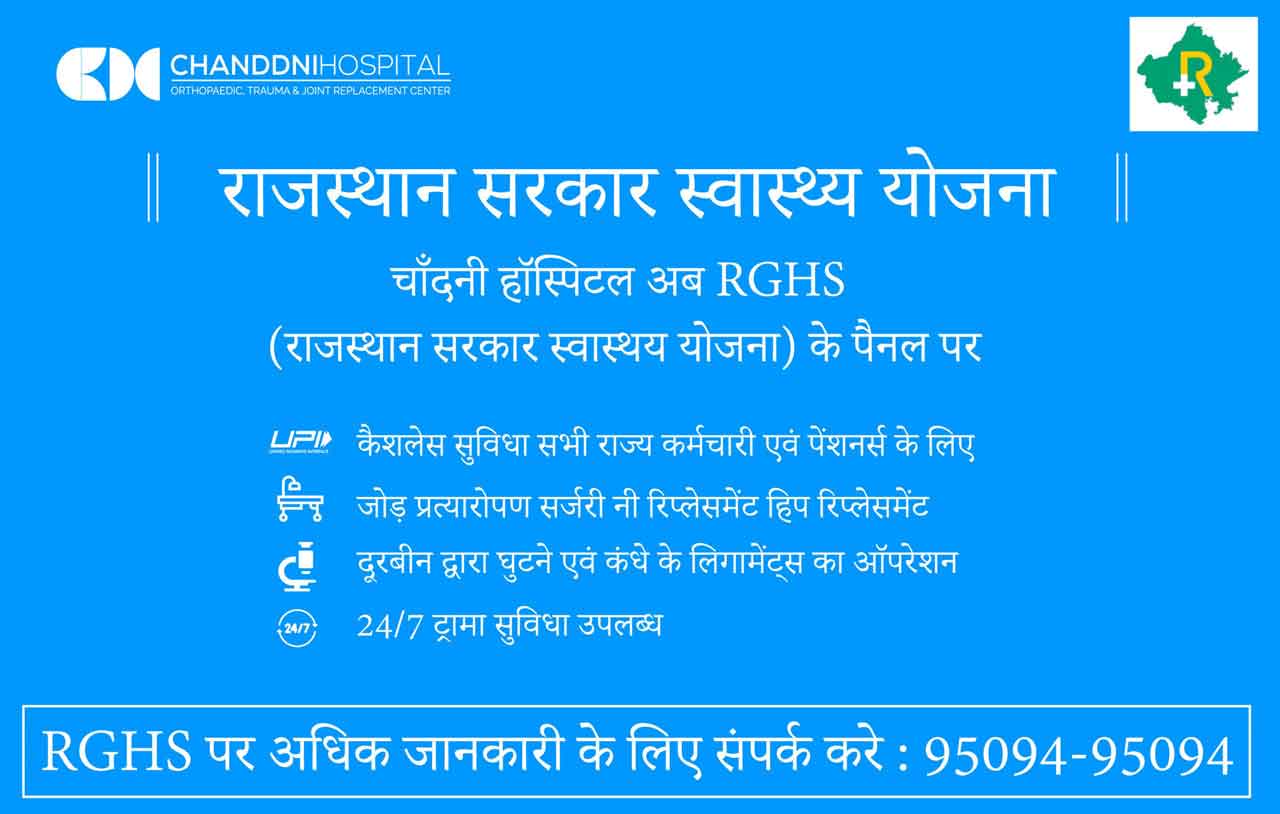Polytrauma
Polytrauma is a term used mainly to describe trauma patients who have multiple injuries, which compromises on their physiology and may even cause dysfunction of other organs that are not injured. One of the most frequent components of Polytrauma is Fractures. Fractures are wounds of bone and soft tissues which can be painful and cause hemorrhage.


Fractures
Fractures do not just mean injury to the bones; it also means injury to the surrounding soft tissues. These soft tissue structures provide nutrition to the involved bone and protect them. While assessing the orthopaedic injuries, bone continuity is checked to see if it is broken and if surrounding nerves and blood vessels are at risk of injury too or are injured already.
A broken bone fragment or an outside object might puncture the skin of the patient. This open wound in the skin provides an opportunity for bacteria to enter the body causing infections. This can cause permanent dysfunction or disability of the bone.
Joint Dislocation
When the bone completely dislocates from its normal joint position, it is known as Joint dislocation. This is a noticeable deformity. In case of dislocation, displaced fractures or angulated bone fragments, it is important to understand the pre-and post-splinting status to avoid any deficiencies.
Knee joint dislocation can he highly dangerous and required rapid stabilization. The knee joint dislocation is usually associated with car accidents or falls from a significant height. During a knee dislocation, stabilizing ligaments that connect femur and tibia are torn which may put neurovascular structures at risk too. Hence, knee dislocation requires rapid stabilization.

Popliteal Artery
Popliteal artery is a major blood vessel at the back of the knee provides nutrients to other structures within the knee. It is very important to gently handle this artery in case of an injury or dislocation of the knee it is connected to, else it can also get injured easily causing complications.
Peroneal Nerve
The peroneal nerve’s function is to supply sensation to the lower leg and motor functioning of the foot & toes. A fracture or dislocation may put the peroneal nerve at risk too, which could lead to weakness or loss of motor function of the foot.
Drop Foot
If the peroneal nerve is injured due to being compressed, entrapped or stretched, the leg and foot may lose its movement and sensation. This condition is known as dropped foot. A major injury to this nerve may cause paralysis or permanent dysfunction.
It is very important to understand orthopedic injuries. We, at Chanddni Hospital do a detailed diagnose of the injury that leads us to do appropriate and timely treatment. This limits secondary complications and any further morbidity.
What happens when we have a polytrauma patient?
- Our team of expert doctors obtains a thorough understanding of the incident and the level of injury.
- A primary trauma diagnosis is conducted to make sure that any life-threatening concerns are immediately diagnosed and treated.
- If there is any active hemorrhage, it is also managed at an early stage.
- A survey of head, neck, thorax, abdomen and pelvis is then conducted along with diagnosis of internal organ damage.

We at Chanddni Hospital are dedicated to provide efficient triage and special care for trauma patients. Our team of expert doctors understand the physiopathological mechanisms of the injury and provide intensive care which helps achieve significant results in treatment of polytrauma patients. We focus of assessment and management of fractures and dislocations for appropriate and timely management.
Book An Appointment
At Chanddni Hospital, we have a team of expert doctors to perform Orthopaedic Surgeries, Spine Surgeries and Joint Replacement Surgeries.
To book an appointment for Joint Replacement Surgery in India,

